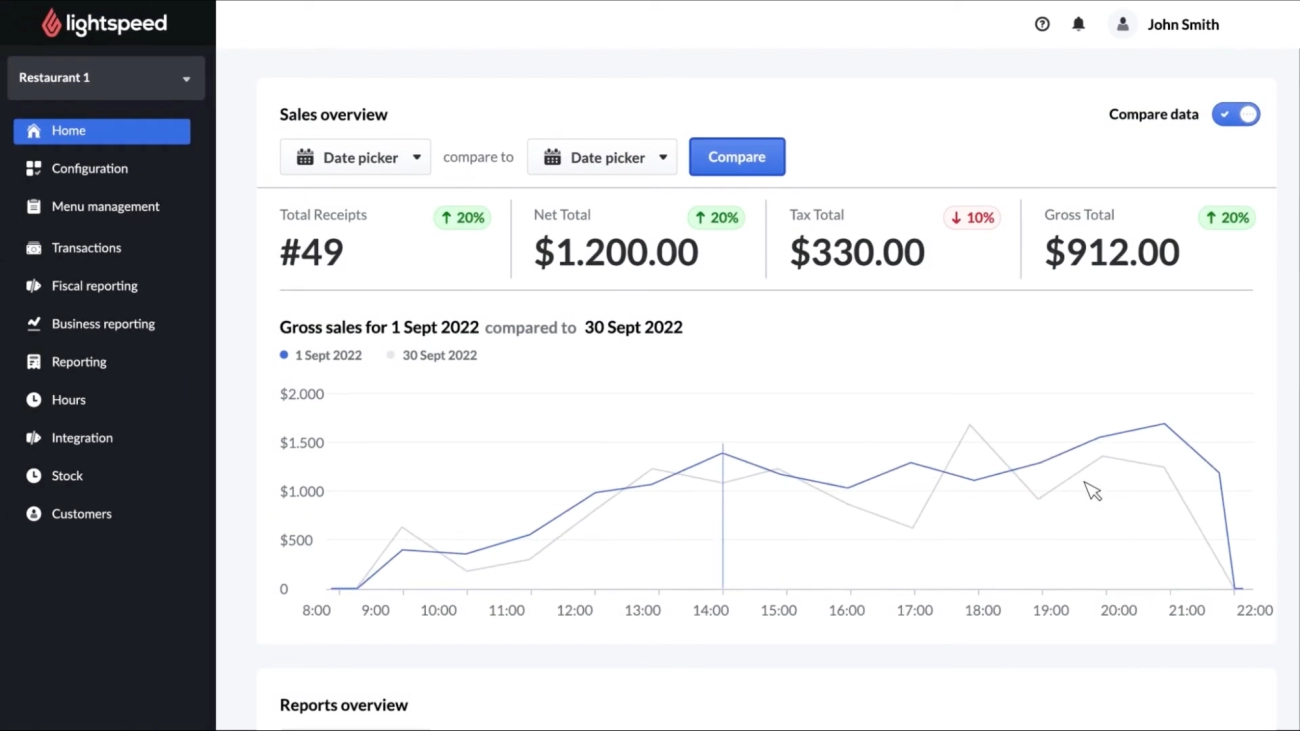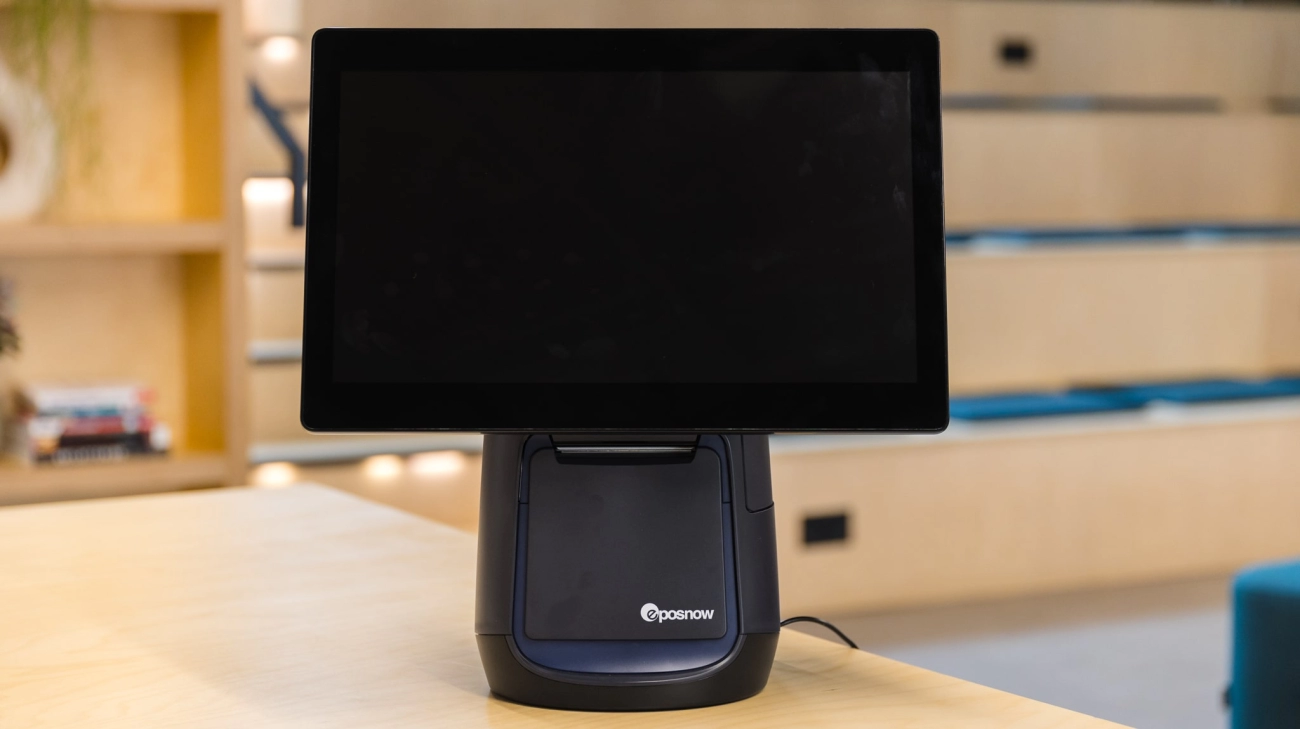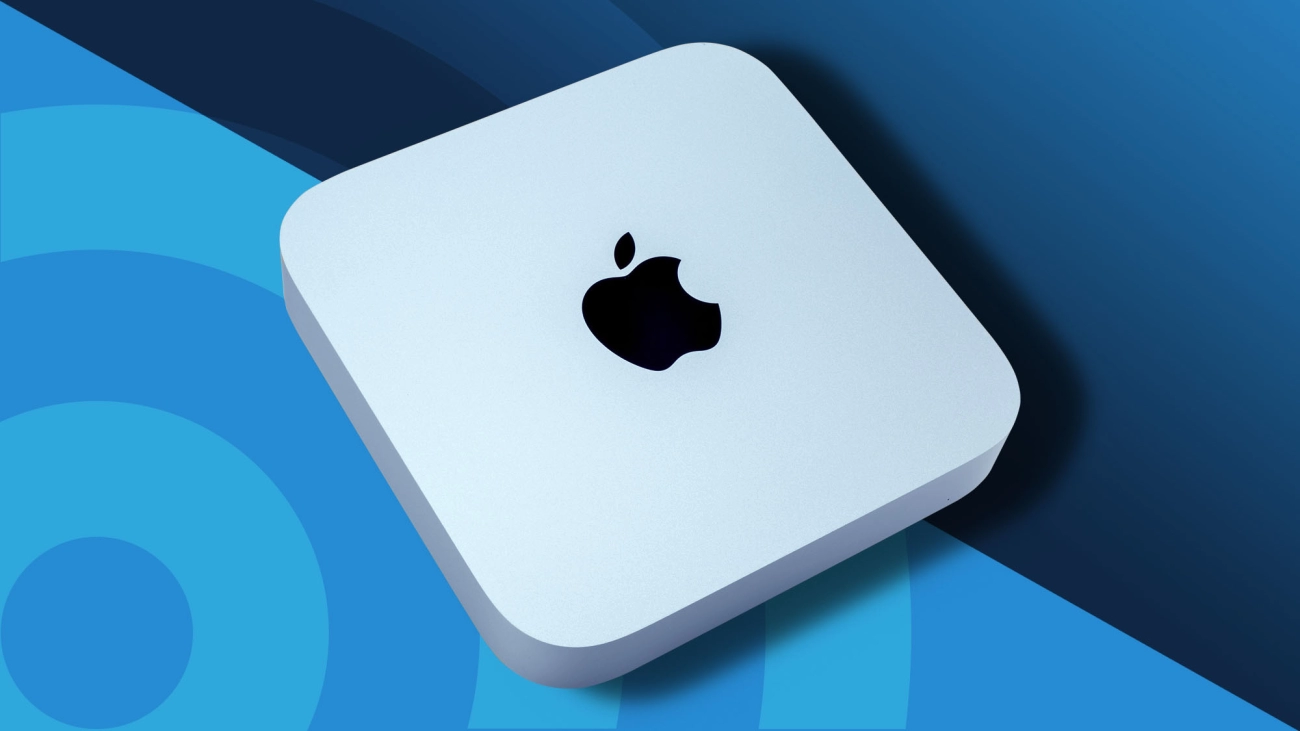Top Point of Sale System Vendors Compared Features Pricing and Support

Looking for the right point of sale system vendors can feel overwhelming—there are so many options, features, and pricing models out there. But here’s the truth: choosing the right vendor is critical to keep your business running smoothly and growing steadily. Whether you run a retail store, restaurant, or service business, knowing what sets top POS system providers apart will save you time and money. In this guide, you’ll discover how to cut through the noise, what to look for in a vendor, and why SDLPOS stands out as a trusted cash register supplier and local expert. Ready to find the perfect POS solution? Let’s get started!
Point of Sale POS Systems Explained

A Point of Sale (POS) system is the backbone of modern retail and hospitality businesses. It’s where sales transactions happen, combining hardware and software to handle everything from processing payments to managing inventory. The primary purpose is to streamline sales, improve accuracy, track customer data, and optimize business operations.
Types of POS Systems
Choosing the right type of POS system depends on your business size, industry, and operational needs. The main types are:
Cloud-Based POS Systems
These solutions run on the internet, allowing you to access sales and inventory data from anywhere. They offer real-time updates, easy scalability, and automatic software updates. Best for businesses that need flexibility and remote management.
On-Premise POS Systems
Installed locally on your business’s computers or servers, these systems offer full control over your data. They are often preferred for businesses with slow internet or specific customization needs. However, they require more IT support and higher upfront costs.
Mobile POS Systems
These are apps on tablets or smartphones used for sales on the go. They’re ideal for small businesses, food trucks, or pop-up shops where mobility is critical. Mobile POS systems often integrate with cloud platforms for easy management.
Why Choosing the Right POS Vendor Matters
The vendor you select impacts your POS system’s functionality, reliability, and long-term success. A good vendor:
- Delivers hardware and software that fit your unique needs, avoiding costly gaps or overpayments.
- Provides solid customer support and training for smooth deployment and ongoing use.
- Offers compatibility with key business systems (inventory, accounting, CRM).
- Ensures compliance with security standards to protect customer data.
- Supports growth with updates, scalability options, and customization.
In short, the right POS system vendor isn’t just a supplier—they’re a partner in your business’s daily operations and future growth. Choosing poorly can lead to downtime, data loss, or subpar service that drains resources and hurts customer trust.
Key Criteria to Consider When Choosing a Point of Sale System Vendor

Selecting the right POS system vendor is essential for your business’s daily operations and long-term growth. Here are the key factors to weigh when making your choice, especially if you want a reliable, local provider like SDLPOS.
Product Features and Customization Options
Look for vendors offering flexible POS software that fits your industry and business model. Whether you need specialized inventory management, customer relationship management (CRM), or accounting tools, the right system should let you customize workflows and reports. Don’t settle for generic solutions—focus on vendors who can adapt their platform to your business needs.
Hardware Quality and Compatibility
Hardware matters just as much as software. Good vendors provide durable, high-quality equipment designed to work seamlessly with their software. For example, SDLPOS supplies sturdy cash registers, scanners, and receipt printers built for US retail and restaurant environments. Check that the hardware is compatible with your existing setup and supports future upgrades to avoid frequent replacements.
Software Usability and Integrations
A POS system is only as good as its ease of use and how well it connects with other tools you use. Prioritize intuitive interfaces so your staff can learn and operate the system quickly. Also, confirm the vendor supports popular integrations such as your inventory system, CRM platforms, and accounting software to streamline workflows and reduce manual entry.
Pricing Models
Understanding a vendor’s pricing structure is critical to avoid surprises later. Common pricing options include:
- Upfront costs for software licenses and hardware
- Monthly subscriptions for cloud-based POS services
- Maintenance fees covering software updates and hardware support
Make sure these align with your budget and remember to factor in hidden fees like transaction costs or extra charges for technical support.
Support and Training Services
Whenever new technology is involved, solid vendor support and training can make all the difference. Best POS providers offer:
- Responsive customer service
- Onboarding assistance
- Ongoing staff training resources
Local vendors like SDLPOS provide hands-on support and personalized training, which can be a huge advantage for troubleshooting and minimizing downtime.
Security and Compliance Considerations
Your POS system handles sensitive customer information and payment data, so security is non-negotiable. Choose vendors who prioritize:
- PCI compliance for secure card processing
- Data encryption and secure backups
- Regular software updates to protect against vulnerabilities
Additionally, ensure the system adheres to local tax regulations and reporting requirements to keep your business compliant.
By carefully reviewing these criteria, you’ll find a POS system vendor that boosts efficiency, improves customer experience, and supports your business for years to come.
Top POS System Vendors in the Market Including SDLPOS

When choosing a POS system provider, it’s important to be aware of the major players in the market alongside trusted local vendors like SDLPOS. Here’s a quick overview of some well-known global vendors and how SDLPOS stands out as a reliable cash register supplier and local POS system vendor.
Well-Known Global POS Vendors
- Square: Popular among small businesses for its easy-to-use cloud-based system, flexible pricing, and built-in payment processing. Great for retail and quick-service restaurants.
- Toast: A top choice for the restaurant industry with strong features for order management, online ordering, and employee scheduling.
- Clover: Known for its customizable hardware options and app marketplace that suits varied business types including retail and hospitality.
- Lightspeed: Offers comprehensive solutions for retailers and restaurants, combining inventory management, analytics, and multi-store support.
SDLPOS Unique Selling Points
- Trusted Cash Register Supplier: SDLPOS specializes in supplying reliable, high-quality cash registers along with compatible scanners and printers, ensuring hardware quality is never an issue.
- Local Vendor Advantage: Based in the U.S., SDLPOS provides fast, personal support and understands local business needs, including tax compliance and regulations.
- Customizable Solutions: Offers tailored POS setups with flexible hardware and software customization to fit small to mid-sized businesses.
- Competitive Pricing: Transparent pricing models with options that fit different budgets, including one-time hardware purchases and subscription plans for cloud features.
- Strong Service Coverage: Quick response times and local technicians available for on-site support make SDLPOS a dependable partner.
POS System Vendors Comparison Table
| Vendor | Features | Pricing Model | Industries Served | Unique Strength |
|---|---|---|---|---|
| Square | Cloud POS, payment processing, CRM | Subscription + transaction fees | Retail, Food trucks, Services | Easy setup, integrated payments |
| Toast | Restaurant-focused, online orders | Subscription + hardware fees | Restaurants, Bars | Comprehensive restaurant tools |
| Clover | Custom hardware, app integrations | Hardware + subscriptions | Retail, Restaurants | Hardware variety, apps |
| Lightspeed | Inventory, multi-store management | Subscription-based | Retail, Restaurants | Strong inventory and analytics |
| SDLPOS | Cash registers, scanners, printers | One-time hardware + subscriptions | Retail, Small Restaurants | Local support, hardware reliability |
This comparison highlights how SDLPOS pairs solid hardware supply and local expertise with flexible software options, making it a smart choice for businesses wanting dependable POS systems backed by local service.
Local Considerations When Choosing a POS System Vendor
Importance of Local Vendor Support and Responsiveness
When choosing a POS system vendor, local support can make all the difference. Businesses in the U.S. often face urgent issues that require quick resolution—whether it’s hardware failure or software glitches. Vendors nearby or with a local presence like SDLPOS can provide faster, more personalized customer service compared to global giants. Having a vendor who understands your timezone and availability means less downtime and smoother operations.
Customization for Local Regulations and Tax Compliance
Every state in the U.S. has its own tax rules and regulations. A POS system that isn’t tailored to these specifics can cause headaches with compliance and reporting. Look for vendors offering customizable software options that can handle local sales tax calculations, detailed receipts, and reporting tailored to your jurisdiction.
SDLPOS excels here by providing solutions built with U.S. regional compliance in mind, ensuring your POS system matches your business’s legal requirements right out of the box.
Examples of SDLPOS’s Localized Services and Coverage Area
SDLPOS stands out as a trusted cash register supplier and local POS system vendor serving various U.S. markets. They offer:
- On-site hardware installation for products like cash registers, scanners, and receipt printers.
- Personalized training to get staff up to speed quickly.
- Timely hardware repairs and parts replacement through local service centers.
- Customization options that meet state-specific rules, especially for small to medium retail and restaurant businesses.
Their hands-on approach builds strong vendor-client relationships through direct support and coverage primarily focused on U.S. businesses.
Reading and Trusting Local User Reviews and Testimonials
When deciding on a POS system provider, local user feedback is invaluable. Reviews from businesses in your area often mention how well the vendor handles support, custom needs, and practical challenges. Trustworthy and relevant experiences can highlight whether the vendor’s products and services truly fit your market.
Checking testimonials and case studies from SDLPOS customers can reveal how their POS solutions perform in real-world U.S. operations, helping you make an informed choice based on local success stories.
How to Evaluate and Choose the Right POS System Vendor for Your Business
Choosing the right point of sale system vendor is a big deal — it affects your daily operations and long-term growth. Here’s a simple guide to help you make the best choice, tailored for U.S. businesses.
Assess Your Business Needs and Priorities
Start by getting clear on what your business really needs from a POS system provider. Ask yourself:
- What type of business do I run? Retail, restaurant, or service?
- How many terminals or registers will I need?
- Do I need cloud-based, on-premise, or mobile POS solutions?
- What key features matter most? Inventory tracking, CRM, accounting?
- What’s my budget for hardware and software?
- How important is customer support and training?
- Do I need specific local features like tax compliance or multi-store management?
Writing this down creates a clear checklist for vendors to meet.
Request and Analyze Vendor Demos and Trials
Once you shortlist vendors, ask for demos or trial access. This hands-on experience is crucial. During demos:
- Check ease of use and user interface.
- Test hardware compatibility, including cash registers, scanners, and printers supplied by vendors like SDLPOS.
- Explore software integrations (inventory, CRM, accounting).
- Assess reporting capabilities relevant to your business goals.
- Evaluate responsiveness during the demo — fast, clear answers matter.
Don’t rush. Involve your team members who will use the system daily.
Checklist for Comparing Vendor Proposals and Contracts
When you receive vendor proposals, use this checklist to compare:
| Criteria | What to Look For | Notes |
|---|---|---|
| Product Features | Matches your must-have functionalities | Customizable options important |
| Hardware Compatibility | Quality and fit for your environment | Includes cash registers, scanners, printers (SDLPOS hardware a plus) |
| Pricing Models | Clear breakdown: upfront, subscription, maintenance | Watch for hidden fees |
| Support & Training | Availability, formats (online, on-site) | Responsive and local preferred |
| Security and Compliance | Data protection standards and local compliance | PCI compliance, data encryption |
| Contract Terms | Length, termination conditions, upgrade policies | Flexible and transparent |
Questions to Ask Potential POS Vendors
To dig deeper, here’s a list of key questions for vendors:
- How does your system handle local tax rules and sales reporting?
- Can your hardware and software scale as my business grows?
- What’s included in your customer support? Response times? Local availability?
- Do you provide on-site training or just online resources?
- How often is the software updated? Are updates free?
- What security measures protect my customer’s data?
- Can you integrate with my existing accounting or inventory software?
- What’s your cancellation or contract renewal policy?
These questions help uncover hidden details and ensure the vendor suits your requirements.
